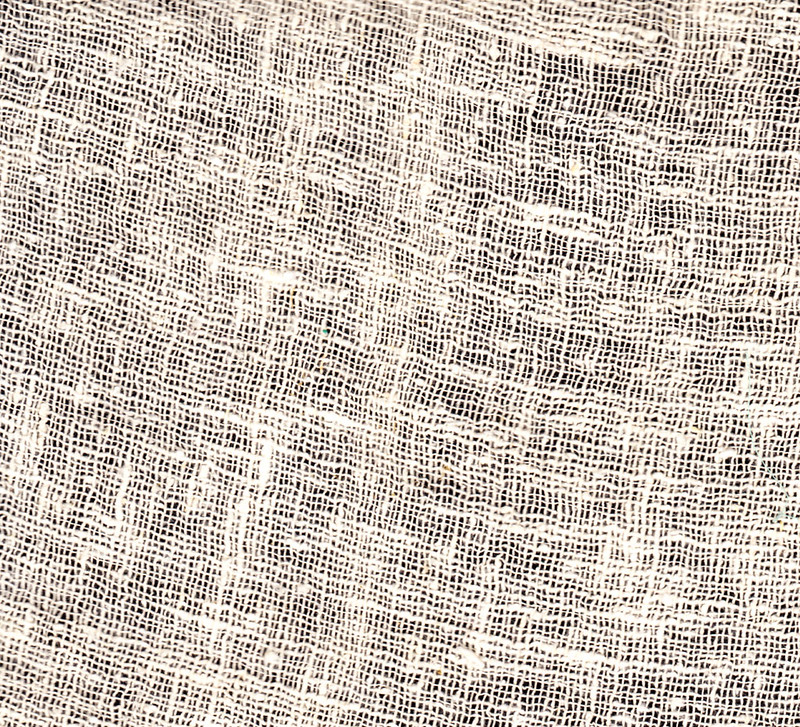
To the list of best practices in experimental research, here’s another item to add: Always use fresh cheesecloth when separating biomasses.
We’ll explain.
A group of researchers at Kansas State University have retracted their 2018 paper, titled “Corn stover pretreatment by metal oxides for improving lignin removal and reducing sugar degradation and water usage,” in Bioresource Technology because they couldn’t reproduce their results. The reason behind the failure, according to the retraction notice:
This article contains some flaws in experimental method/protocol used. The major issue is that the filtration aperture (cheese cloth) used for solid and liquid separation after biomass pretreatment was not well controlled over the research period. Using used-cheese-cloths with varied aperture size unintentionally caused a large variation in mass recovery and chemical composition of treated biomass. New cheese cloth should be used each time to assure reproducibility.
To which we say: Solids advice!
We asked the senior author, Donghai Wang, the Robert and Becca Reichenberger-Carl and Mary ICE Keystone Research Scholar in the Department of Biological and Agricultural Engineering at Kansas State, about the mixup and whether his group had recycled their cheese cloths in other studies. He told us that a student co-author of the paper had chosen the unfortunate method but that previous work had relied on the more conventional paper filters rather than cloth.
Case number 2
The Journal of Organic Chemistry has a similar retraction this month, for a 2013 paper titled “Oxone-mediated oxidative cleavage of β-keto esters and 1,3-diketones to α-keto esters and 1,2-diketones in aqueous medium.”
According to the notice:
The authors retract this Article after repeated experiments showed that the reported results were not reproducible when freshly opened AlCl3 was used. Most probably, the previously used reagent was contaminated with unknown impurities that may have promoted the reaction.
Like Retraction Watch? You can make a tax-deductible contribution to support our work, follow us on Twitter, like us on Facebook, add us to your RSS reader, or subscribe to our daily digest. If you find a retraction that’s not in our database, you can let us know here. For comments or feedback, email us at [email protected].
People should have paid attention to the ‘Expired Curcumin’ retraction.
http://retractionwatch.com/2017/12/04/caught-notice-find-paper-relied-expired-material/